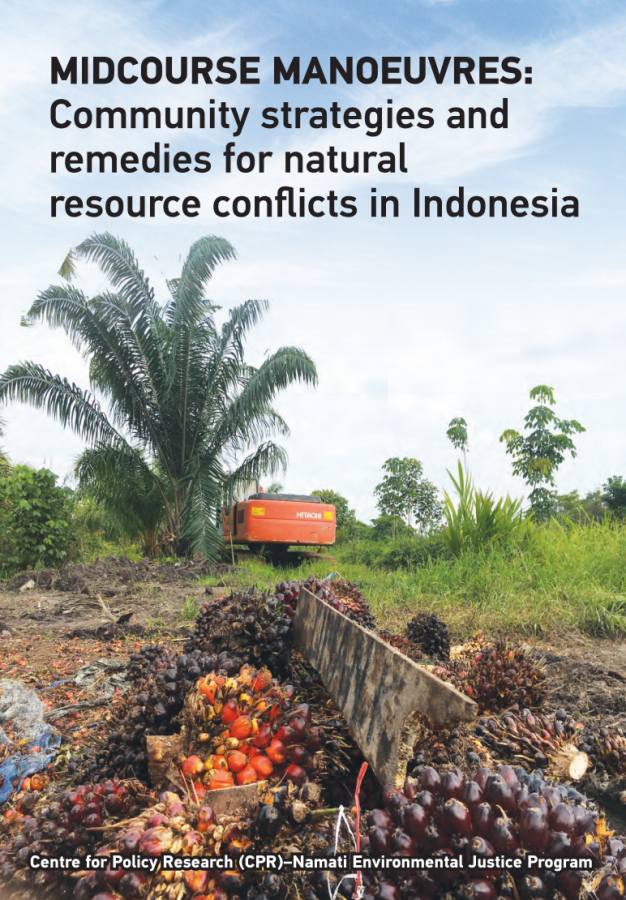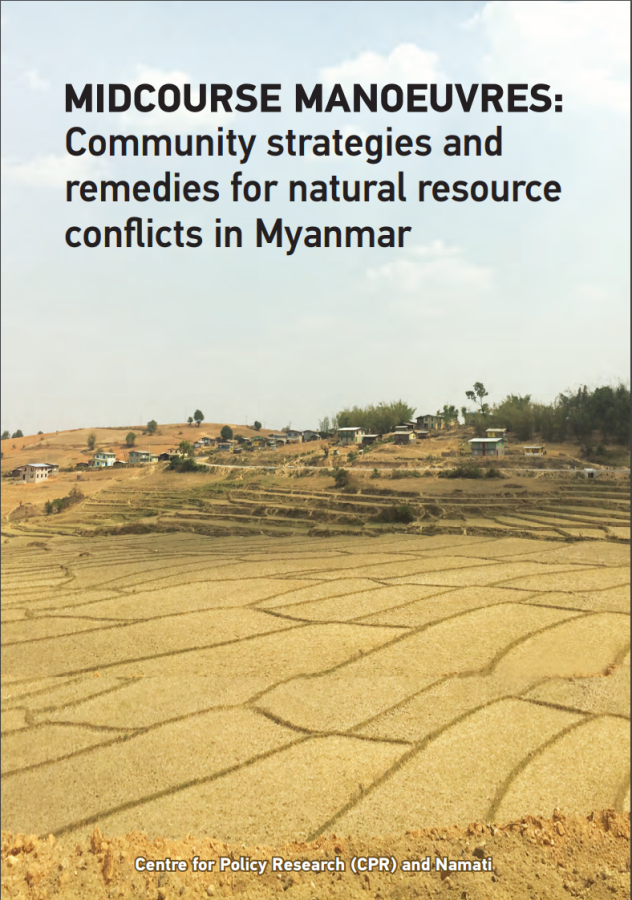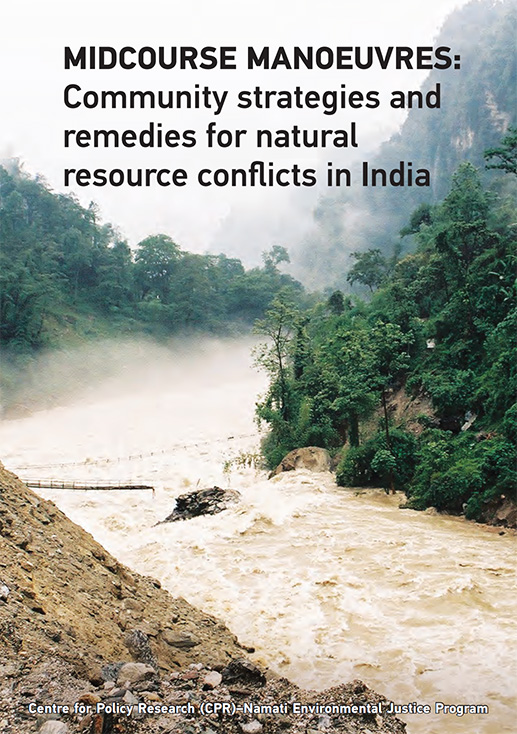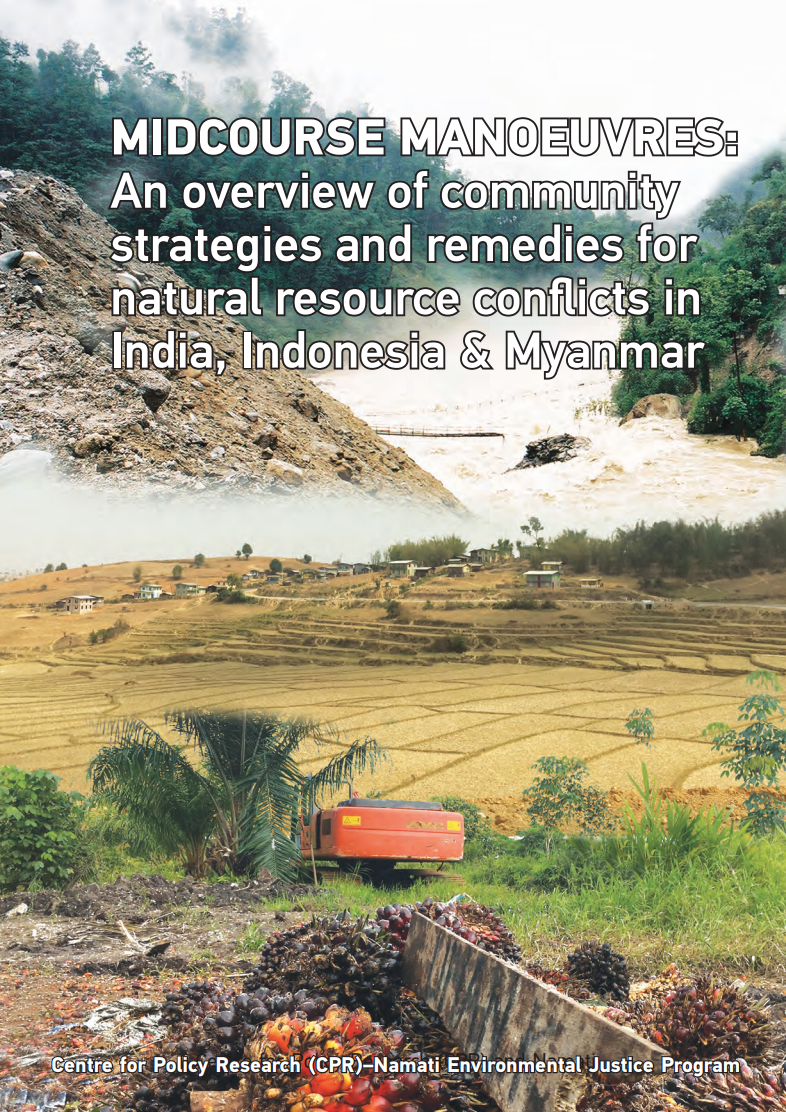
Topics and Regions
McKinley has over ten years’ experience in communications. Prior to joining Namati, she served as the Communications Advisor for ActionAid in Nigeria and Liberia, developing and implementing strategies for the organizations and their rights-based programs and advocacy campaigns. McKinley previously worked in similar capacities for a sexual and reproductive health NGO in Nigeria, a social enterprise in Canada, and with UNICEF in the Eastern Caribbean. She graduated summa cum laude from York University (Toronto, Canada) with degrees in film and video production and international development.
Details
Affiliation:
Location
Contributions
Displaying 11 - 20 of 22Communities Push for Recognition of their Land Rights in Kenya
Matito Leruso was born and raised in the herding community of Lengurma in Isiolo County. Communal grazing land has been central to her community’s livelihood, wellbeing, and identity for generations, but they have never had their legal rights to govern it recognized. None of Kenya’s thousands of pastoralist communities have. This changed in 2016, with the passage of the Community Land Act. Since then, Matito has joined other residents of Lengurma in working to understand, use and shape the new law to ensure that their community land rights are respected and upheld.
The World’s First Book on Community Paralegals – Available as Open Access
These are dark days if you care about justice. New estimates reveal that over 5 billion people live outside the protection of the law. These are people who can be driven from their land, intimidated by violence, and excluded from society.
Against the backdrop of this staggering figure, community paralegals offer hope.
Community paralegals demystify law and empower people to advocate for themselves. They are at the heart of the growing global movement for justice. But to date, they have been largely ignored by scholars and writers.
Bad-faith Contracts & Unjust Investments – How Can Communities Protect Their Interests?
Deciding whether or not to allow an investor to use community lands and natural resources is one of the most important decisions a community can make. Namati and the Columbia Center on Sustainable Investment (CCSI) have published two new guides to help communities prepare for interactions with investors and, if they so wish, negotiate fair, equitable contracts. These guides are the first of their kind.
Midcourse Manoeuvres: Community Strategies and Remedies for Natural Resource Conflicts in Indonesia
Over the last 50 years, most Asian countries have gone through a shift from subsistence agricultural systems to industrialized economies. In Indonesia, the major shift came in 1966, when General Suharto successfully staged a military coup. Under his presidency, Indonesia experienced the “New Order”. A key aspect of this regime was trade and industrial expansion. Changes were made to foreign and domestic investment laws to facilitate growth, including the removal of most controls on private investments.
Midcourse Manoeuvres: Community Strategies and Remedies for Natural Resource Conflicts in Myanmar
Since the 1960s, and particularly in the last decade, Southeast Asia has been attracting significant foreign investments. Myanmar, despite its land titling and registration tangles, is no exception. Investors all across the globe are vying for a piece of the “Golden Land” and the country is responding with equal fervor. The building of a modern industrialized nation through agricultural development is one of the country's economic objectives. Foreign investments are being encouraged, private businesses are being pushed, and attractive tax and duty rebates are being offered.
Midcourse Manoeuvres: Community Strategies and Remedies for Natural Resource Conflicts in Myanmar
Since the 1960s, and particularly in the last decade, Southeast Asia has been attracting significant foreign investments. Myanmar, despite its land titling and registration tangles, is no exception. Investors all across the globe are vying for a piece of the “Golden Land” and the country is responding with equal fervor. The building of a modern industrialized nation through agricultural development is one of the country's economic objectives. Foreign investments are being encouraged, private businesses are being pushed, and attractive tax and duty rebates are being offered.
Midcourse Manoeuvres: Community Strategies and Remedies for Natural Resource Conflicts in India
Successive governments in India have emphasized the need for industrial expansion and privatization as the foundation for economic stability and growth. This focus has led to the policy-induced transformation of rural and peri-urban landscapes into use for industry and infrastructure. These transformations have caused social conflicts and ecological impacts for land and resource-dependent people.
Midcourse Manoeuvres: Overview of Community Strategies and Remedies for Natural Resource Conflicts in India, Indonesia and Myanmar
Land transformation has been at the centre of the economic growth of post-colonial Asia. In the 1990s, many Asian countries embraced economic liberalization and speculative business interests in land began to replace the state’s control of land for developmental purposes. The growing demand for land by corporations and private investors has fuelled several regional land rush waves in Asia, bringing them directly in conflict with communities that require these lands for their occupations and survival.
Webinar: Women and Land Rights
On February 14th we will examine the most effective strategies to combat women’s diminishing land rights within communities.
Individual titling is the most commonly accepted strategy for protecting women’s land rights, but it it is not without its problems. It can lead to increased domestic violence or result in women being run off their land. The webinar's guest presenters -- Rachael Knight of Namati and Judy Adoko of Land and Equity Movement of Uganda (LEMU) -- suggest a more effective strategy.







